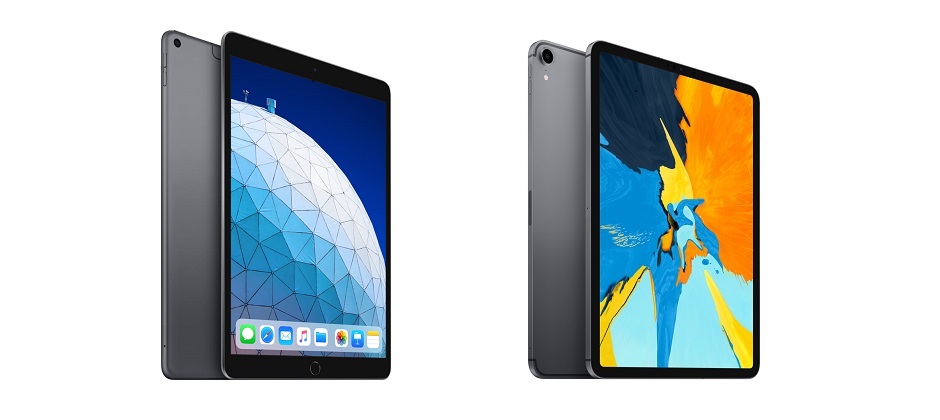
Remote work has been on the rise over the past few years, and it looks like this trend will continue to grow in the near future.
With more businesses allowing their employees to work remotely, it’s important for them to ensure secure connections for their data.
One of the most effective ways to secure these connections is by using a Virtual Private Network (VPN).
A VPN is a type of network that allows you to establish a secure connection from your computer or device over a public or shared Wi-Fi.
This creates an encrypted tunnel from one point of access to another, which makes it harder for anyone trying to intercept traffic or get their hands on sensitive data.
There are many benefits associated with using VPNs while working remotely, which we will cover in this article.
1. Keep Your Data Secure:
One of the main advantages of using a VPN is that it helps keep your data safe and secure while you are not working in a set location.
By creating an encrypted tunnel between your device and the VPN server, all your data is sent through this protected channel, making it nearly impossible for anyone else to intercept or access it.
2. Avoid Unwanted Surveillance:
When you use a public Wi-Fi connection, there is always the risk of being monitored or tracked by someone else on the same network.
Utilizing a VPN, you can avoid unwanted surveillance by encrypting all your communications and preventing malicious actors from accessing your data.
3. Mask Your IP Address:
Another great VPN benefit is that it hides your IP address from potential attackers who might be trying to trace your online activities or target you with malware and other threats.
By masking the IP with one provided by the VPN service provider, you can protect yourself from those threats and remain anonymous online at all times.
4. Access Blocked Content:
With some countries blocking content due to censorship laws, remote workers may find themselves unable to access websites they need in order to do their job properly.
But with a VPN, you may bypass geo restrictions and access any website regardless of where you are located in the world – perfect if you need specific resources while working abroad.
Overcoming geo-location obstacles can be tricky for some VPN services, though. If you are asking why is my VPN not connecting when you want to access geo-restricted stuff, double-check if the virtual private network provider is flexible enough for specific regions.
5. Save Money When Shopping Online:
Many retailers offer discounts if customers access their site through certain countries’ IP addresses – but not everyone has access to these locations regularly.
With a VPN, however, you can easily change your virtual location and take advantage of discounted prices when shopping online and of local currency exchange rates when traveling abroad.
6. Enjoy Unlimited Bandwidth:
Bandwidth throttling occurs when ISPs decrease speeds on certain networks during peak hours – something that can be especially annoying when working remotely if video conferencing or streaming services start buffering constantly.
VPNs let users enjoy unrestricted bandwidth so they don’t have any issues with slow speeds while working away from home.
7. Improve Streaming Quality:
If your current internet connection isn’t reliable enough for streaming platforms like Netflix or YouTube then using an external server through a VPN service could increase speeds significantly.
So even if bandwidth throttling does occur on other networks nearby, yours won’t suffer any disruption.
8. Enhance Security When Banking Online:
Another great benefit of using a VPN as a remote worker is enhanced online banking security – especially important if employees regularly carry out financial transactions on behalf of their company.
By setting up their own secure ‘tunnel’ within which sensitive information passes back and forth; they can guarantee no third party will be able to intercept payment information or corporate accounts details during transfers.
9. Protect Sensitive Documents:
While sharing documents across different locations is commonplace in today’s digital world, this also increases the chances that confidential documents may fall into the wrong hands during transmission if unprotected.
Thankfully, though, by routing documents through an encrypted pathway created by VPN technology, this risk is significantly decreased – giving users peace of mind whenever sending or receiving sensitive files electronically.
10. Eliminate ISP-level Tracking & Targeted Ads:
ISPs often track user activity without permission (to make money selling collected data to third parties).
Still, fortunately, those wanting to maintain privacy have recourse via virtual private networks, which mask individual browsing histories from companies hoping to track users’ patterns to better target ads, etc., thus providing an added layer of protection for both individuals and corporations when surfing the web.
11. Improve Voice Calls & Video Conferences:
Remote workers often rely on voice calls and video conferences to stay connected with colleagues/clients worldwide.
However, without proper security measures, the communication platforms used could be vulnerable to breaches, compromising the audio/visual quality.
Fortunately, though, by connecting via trusted providers, the quality of online communications can become much clearer and stable, resulting in improved collaborations and productivity levels for your team.

